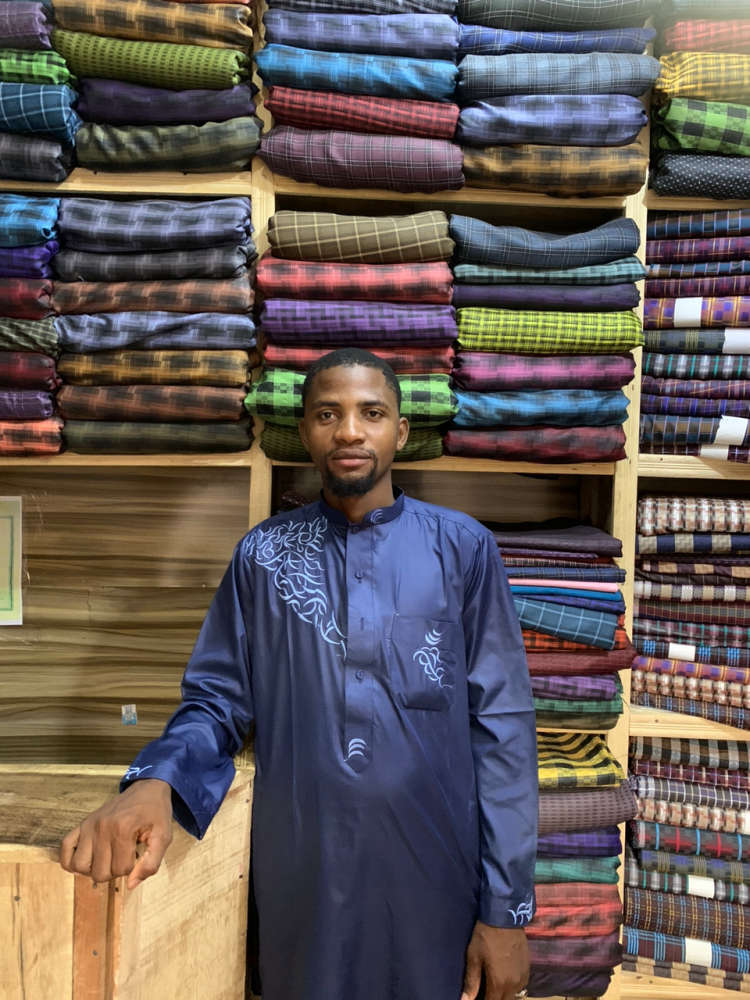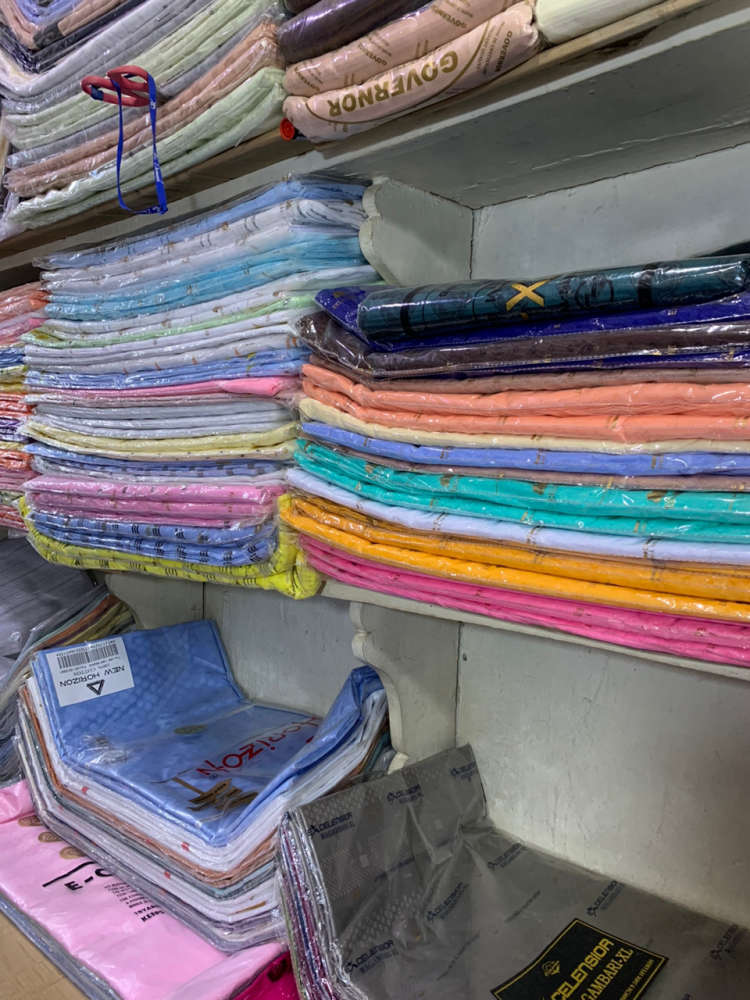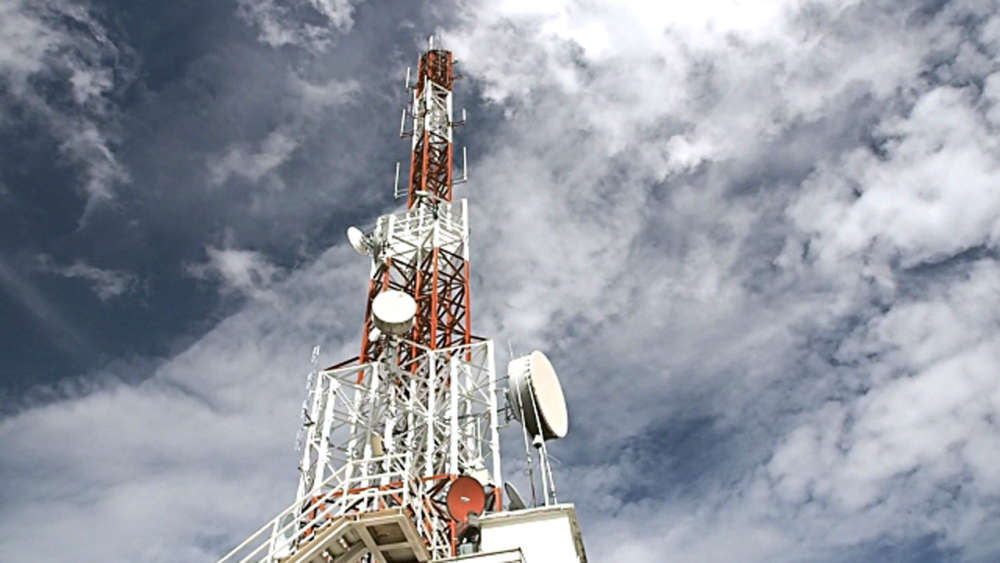
Frustration is written on the face of Jamilu Alhassan, one of the traders at Kantin Kwari market in Kano.
He just lost a potential customer, who arrived in northern Nigeria’s commercial capital from Kaduna but could not locate his shop due to the poor telecommunications network.
He counts his loss.
“One time, my customer sent her husband to buy goods worth millions of naira in my place. When he reached the market, he called my mobile phone a thousand times but could not reach me due to the bad network; that was how I lost that customer. He had to buy the fabrics at another shop,” he says.
The situation is no different at Gidan Allaramma along IBB Road where there is no single network signal on mobile phones.
A businessman, Muhammad Abbas Muhammad, is a victim of this lack of decent service.

“Due to the insecurity in the country, our customers adopted the cashless policy. But it is so unfortunate that they can not do a transfer because of the network problem whenever they come to patronize us,” he says.
“So, we usually lose 60 to 65 percent of the income we are supposed to get.”
One of the fabric buyers, Dikko Muhammad, who embraced the cashless policy and does mobile transactions due to insecurity, is now caught up by the poor network.
“I adopted the cashless policy due to the lingering insecurity, but whenever I am in the market, I cannot do the transfer,” he complained.
“The fabric sellers on the other hand will not release the clothes until they see the alert. This network problem is affecting us,” he adds.
Muhammad's experience is similar to that of a Point of Sale (POS) operator in the area, Muhammad Sani Kabiru, whose daily transaction is now plagued by “dispense error.”
“Due to the lack of network, the bank will debit a customer, but they will not see the alert,” he laments.
“And right now, I hardly get customers. Before this networking challenge, we used to make about N40,000 every day. Now, I hardly make N10,000.”
No doubt, making or receiving phone calls at the affected markets, including Kantin Kwari Market, Abubakar Rimi Market, Kofar Wambai Market, and Kofar Ruwa Market has been a major challenge.

Unfortunately, the development is taking its toll on the marketers’ daily income due to the persistent loss of customers.
An engineer at Kofar Ruwa Market, Auwalu Ibrahim Pele, who also lamented over the lingering network problem in the market, is urging the relevant authorities to take prompt action to address their plight.
“One time my customer wanted me to come to get and repair a faulty fan,” he recounts an experience.
“He called me for hours but couldn’t reach me. He had to assign one of his boys to keep calling before he later reached me on the phone.
“Please the relevant authorities should come and address this.”
Causes of Poor Telecommunication Network
Their agitations prompted my curiosity on the cause of such poor network services in market areas while other locations within the pyramid city have no issue.
I got an answer! Experts told me that the lack of a telecommunication base station in the markets was responsible.

The absence of the base station is forcing desperate traders to install network boosters, also known as personal network boxes.
But the administrative secretary of the Kantin Kwari Market Traders Association, Babale Abdulrahman, believes the booster is complicating issues in the market.
“The network boosters are complicating things here. Whenever an individual installs the network booster, he will have a network to make calls, but people around him will no longer have access to the network," he points out.
Corroborating Abdulrahman’s claim, the Zonal Controller of the Nigeria Communication Service (NCC), Shu'aibu Suwade says the NCC has banned network boosters in the markets.
He confirms the recent arrest of three erring fabric sellers after the ban.
“The main cause of the network problem is the network boosters they use in the market, and we have banned the use of boosters to address the lingering network problem.
“And after we banned the boosters, we found out that some fabric sellers still used them, so my men arrested them.”
Shu’aibu has promised that the commission will set up base stations in the markets once the market leaders make space for them.


